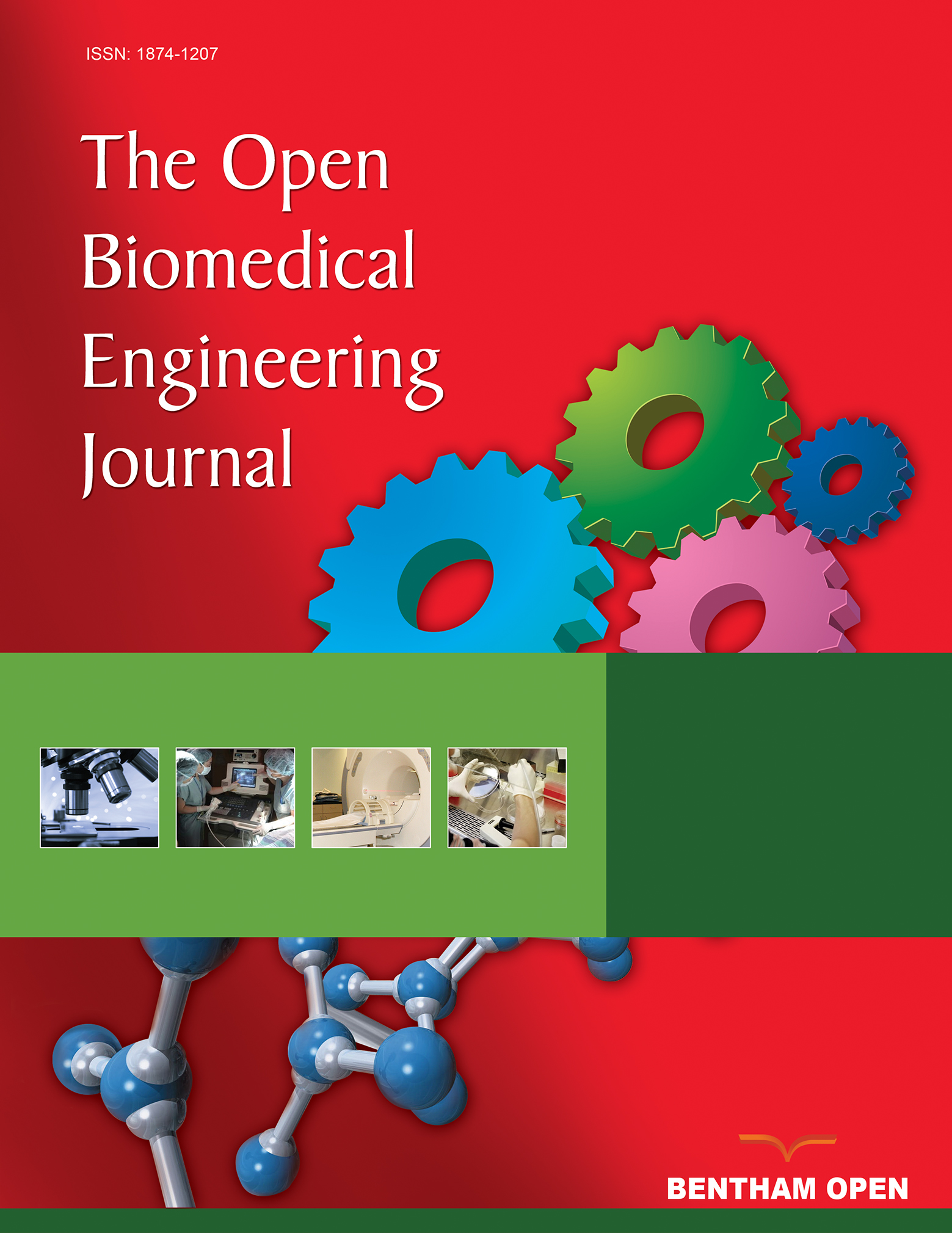All published articles of this journal are available on ScienceDirect.
Applications of Advanced Computing Solutions for Healthcare Systems – Part 3
Soft computing solutions integrate the Internet of Medical Things (IoMT), mobile computing, medical image processing, biosignal processing, network security, cryptography, and cybersecurity for healthcare applications. Soft computing-based services are widely used in the healthcare industry for disease diagnosis and prediction, health data analytics, drug discovery and development, etc. The system integration of various soft computing technologies with emerging IoMT-based blockchain technology has substantial potential for improving remote patient health monitoring, decision-making, and critical healthcare data security. Further, soft computing solutions can resolve several issues, such as the severe limitations of data necessary to improve user compliance. Moreover, these issues include resource constraints, transmission reliability, security, and interoperability between different platforms. In addition, there are many challenges, like integration of healthcare systems with mobile platforms, real-time connectivity over heterogeneous networks, security, privacy, and others. The ability of our current healthcare system to cope with the current situation is mainly dependent on advanced health technology, such as telehealth, chatbots, artificial reality (AR), virtual reality (VR), and artificial intelligence (AI), to build a patient-centred, secure healthcare system. Hence, this thematic issue focuses on recent developments in computing solutions for integrating AI, machine learning models, medical image processing techniques, advanced network security methods, blockchain, AR/VR, and chatbots to build an efficient healthcare system, which can lead to a new, promising, and secure healthcare system. Additionally, this thematic issue aims to bring together researchers and practitioners to address several kinds of research and achievements in healthcare systems, intelligent healthcare, and remote monitoring applications.
The thematic issue is organized into eight articles. The title of each of the articles is as follows:
Article 1 - Classification of Colorectal Cancer Using ResNet and EfficientNet Models
Article 2 - Artificial intelligence Approaches in Healthcare Informatics Toward Advanced Computation and Analysis
Article 3 - A Study of Machine Learning Algorithms Performance Analysis in Disease Classification
Article 4 - Lung Cancer Prediction and Classification Using Decision Tree and VGG16 Convolutional Neural Networks
Article 5 - Remote Disease Diagnosis through IoMT-Enhanced Blood Cell Classification with Deep Learning
Article 6 - An IoT-driven COVID and Smart Health Check Monitoring System
Article 7 - MRI Brain Tumor Segmentation using Cuckoo-based Dimensionality Reduction and Ensemble Convolutional Neural Network
Article 8 - A New Insight into Brain Tumor Image Classification Through MRI Images Using CNN Techniques


